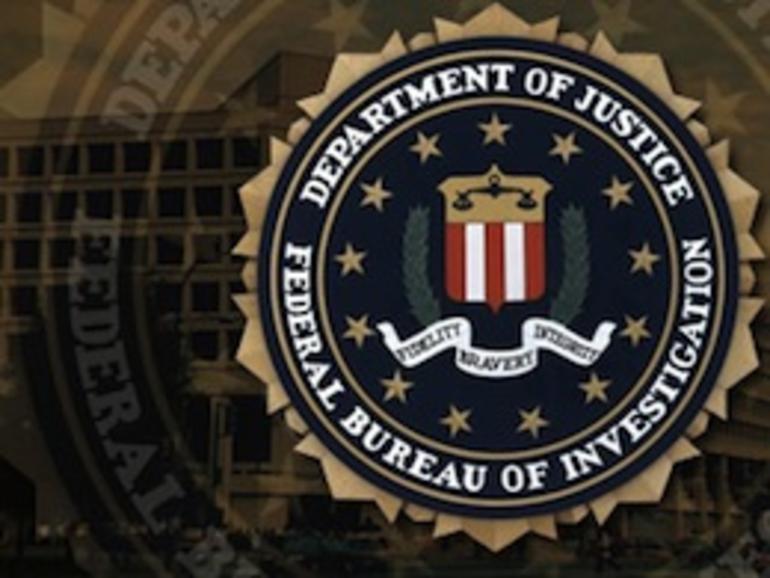**Access Broker Caught: Jordanian Man Pleads Guilty to Hacking 50 Companies**
The cat's out of the bag, and an international cybercrime ring has been brought to justice. Feras Khalil Ahmad Albashiti, a 40-year-old Jordanian national living in Georgia, pleaded guilty to acting as an access broker, selling unauthorized access to the networks of at least 50 companies. The man, known online as "r1z," admitted to fraud-related charges tied to trafficking stolen access credentials.
According to the Department of Justice (DoJ), Albashiti's guilty plea was entered in a US court on [date]. As part of his admission, he acknowledged selling unauthorized access to companies' networks to an undercover officer for cryptocurrency in May 2023. The DoJ press release details the events leading up to the sting operation:
In May 2023, investigators uncovered that Albashiti, using the alias "r1z," sold unauthorized access to at least 50 companies' networks to an undercover officer for cryptocurrency.
Albashiti controlled an online moniker named "r1z" and used it in an online forum where malware and malicious code were being offered for sale. On May 19, 2023, Albashiti sold unauthorized access to the networks of at least 50 victim companies in exchange for cryptocurrency.
Albashiti was arrested in Georgia and extradited from Georgia in July 2024. He now faces up to 10 years in prison and a $250,000 fine. Sentencing is set for May 11, 2026.
This case serves as a stark reminder of the ever-evolving cybercrime landscape. The ease with which access brokers can operate online, selling stolen credentials to the highest bidder, poses a significant threat to corporate security. Law enforcement agencies must continue to stay one step ahead of these perpetrators and bring them to justice.
